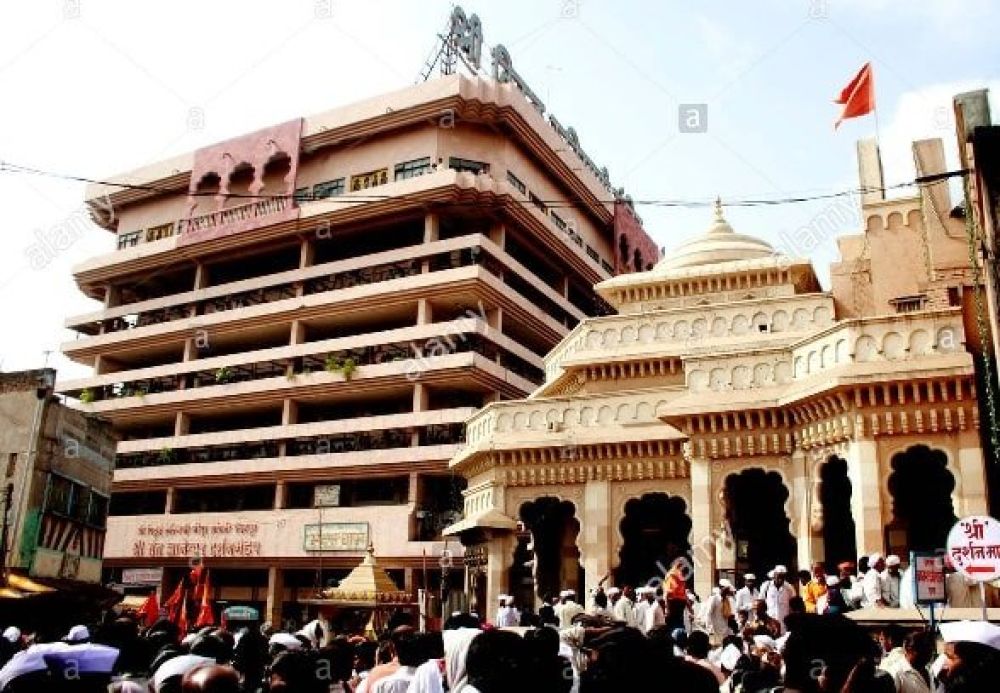

The Tulja Bhavani Temple, located in Osmanabad near Solapur, Maharashtra, is one of the most significant Hindu pilgrimage sites in India. Dedicated to Goddess Bhavani, a form of Goddess Parvati, the temple boasts a rich cultural and religious history that dates back to the 12th century. Over the years, it has become a major spiritual hub, attracting thousands of devotees from across the country, especially during festivals like Navratri and Chaitra Purnima.
The Tulja Bhavani Temple holds a prominent place in Hindu mythology and is revered as one of the 'Shakti Peethas'. It is believed that the Goddess Bhavani is a ferocious form of Shakti who vanquished the demon Mahishasura, and thereby, symbolizes the victory of good over evil. The patron deity of many royal houses in Maharashtra, including the Bhonsle Maratha clan to which Chatrapati Shivaji Maharaj belonged, the temple has been intricately tied to the identity and politics of the region throughout its history.
Since its establishment, the temple has seen various phases of development. The Maratha rulers and the Nizam of Hyderabad have historically contributed to the enhancements and renovations of the temple complex, turning it into an architectural marvel. Moreover, the government of Maharashtra and numerous religious trusts have worked toward preserving the cultural heritage of this sacred site and promoting it as a tourist destination.
Modern advancements and improved accessibility have made it easier for tourists to visit the Tulja Bhavani Temple. Increased number of accommodations and facilities have catered to the needs of the rising number of devotees and tourists. Additionally, focus has been laid on providing better amenities while ensuring that the religious sanctity of the place is maintained.
In recent years, there has been a push towards integrating technology with tourism. Initiatives like online darshan and e-pooja services have gained popularity, allowing devotees from across the globe to partake in the temple rituals. These digital offerings have become particularly significant during the COVID-19 pandemic, as they enabled continued engagement despite travel restrictions.
Eco-friendly tourism has also started making footholds in places of religious interest. The administration of Tulja Bhavani Temple has adopted measures to minimize the environmental impact of tourism by implementing practices like proper waste disposal systems, usage of biodegradable materials, and encouragement of sustainable offerings by devotees.
In conclusion, the Tulja Bhavani Temple of Solapur is not just a revered religious center but also a significant player in the region's tourism industry. It successfully blends the devotion and spiritual pursuit of pilgrims with the social and cultural fabric, retaining its historical significance while embracing modern trends in tourism.